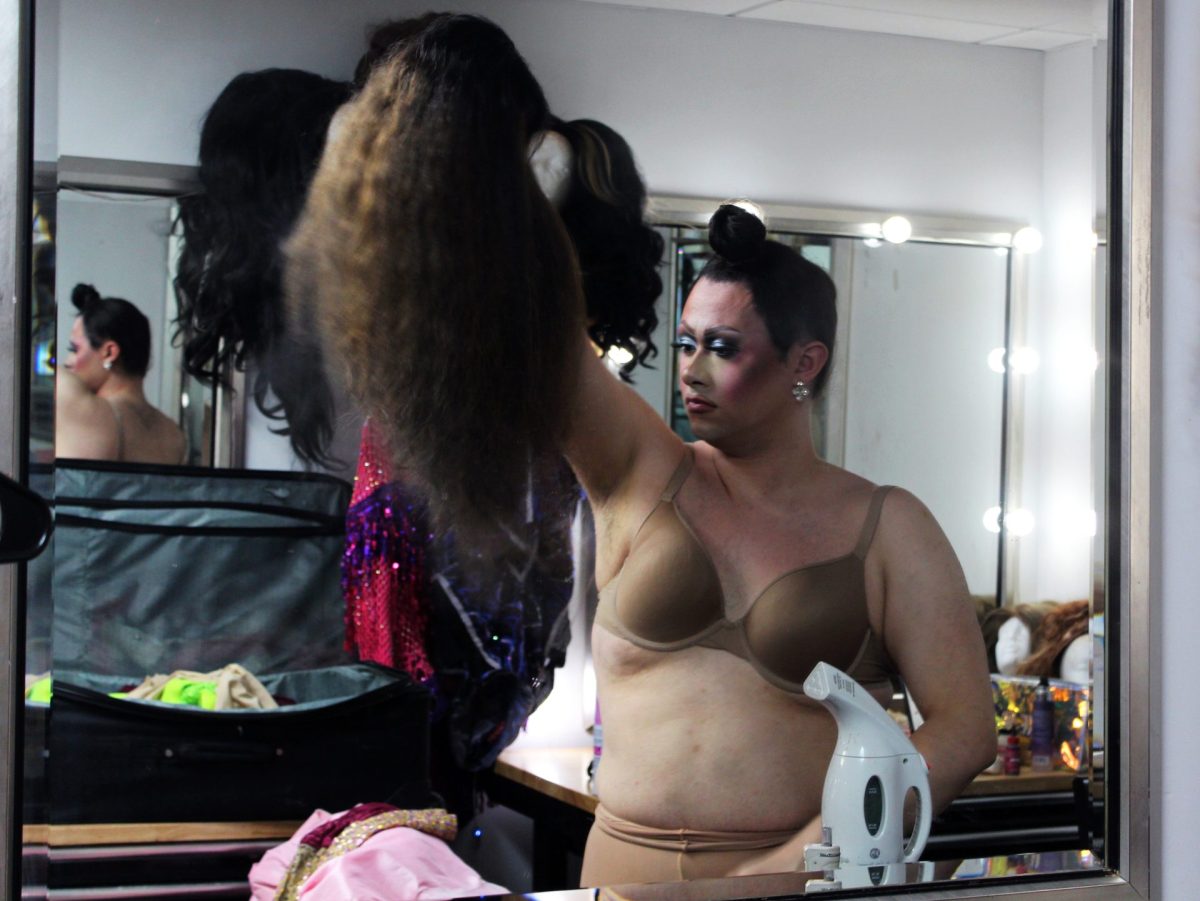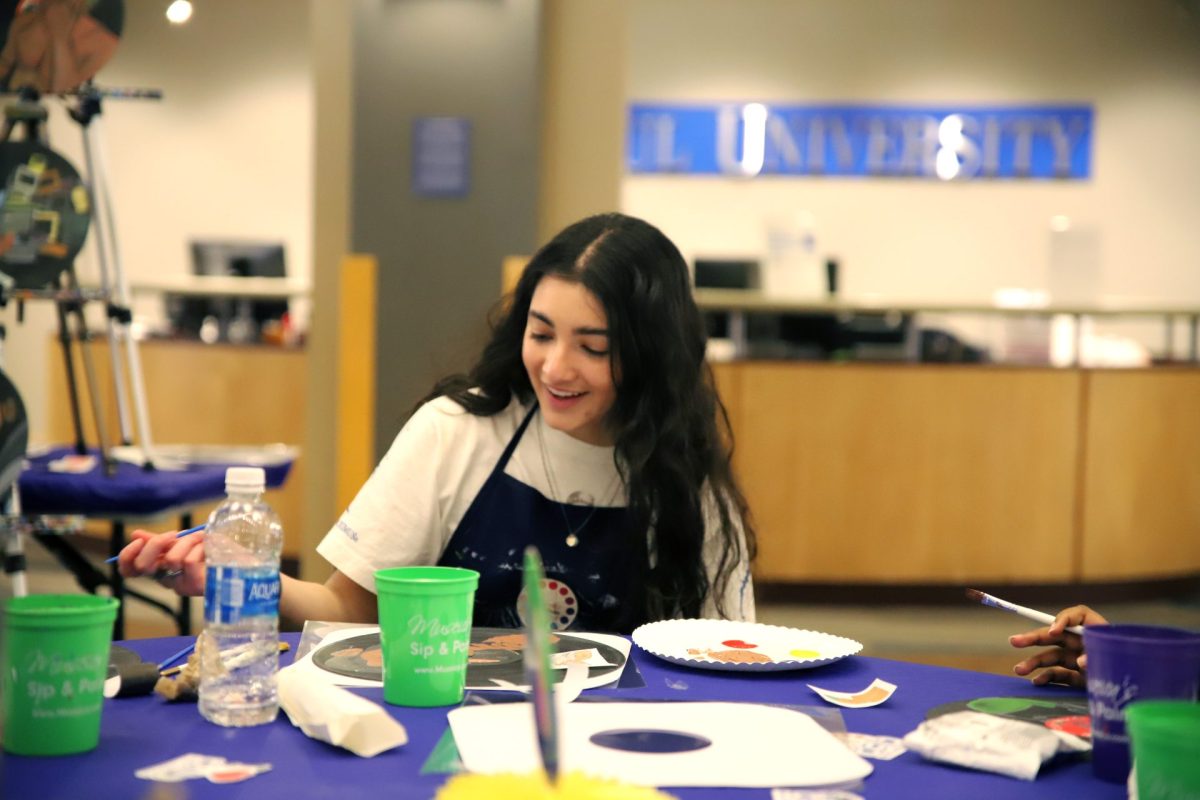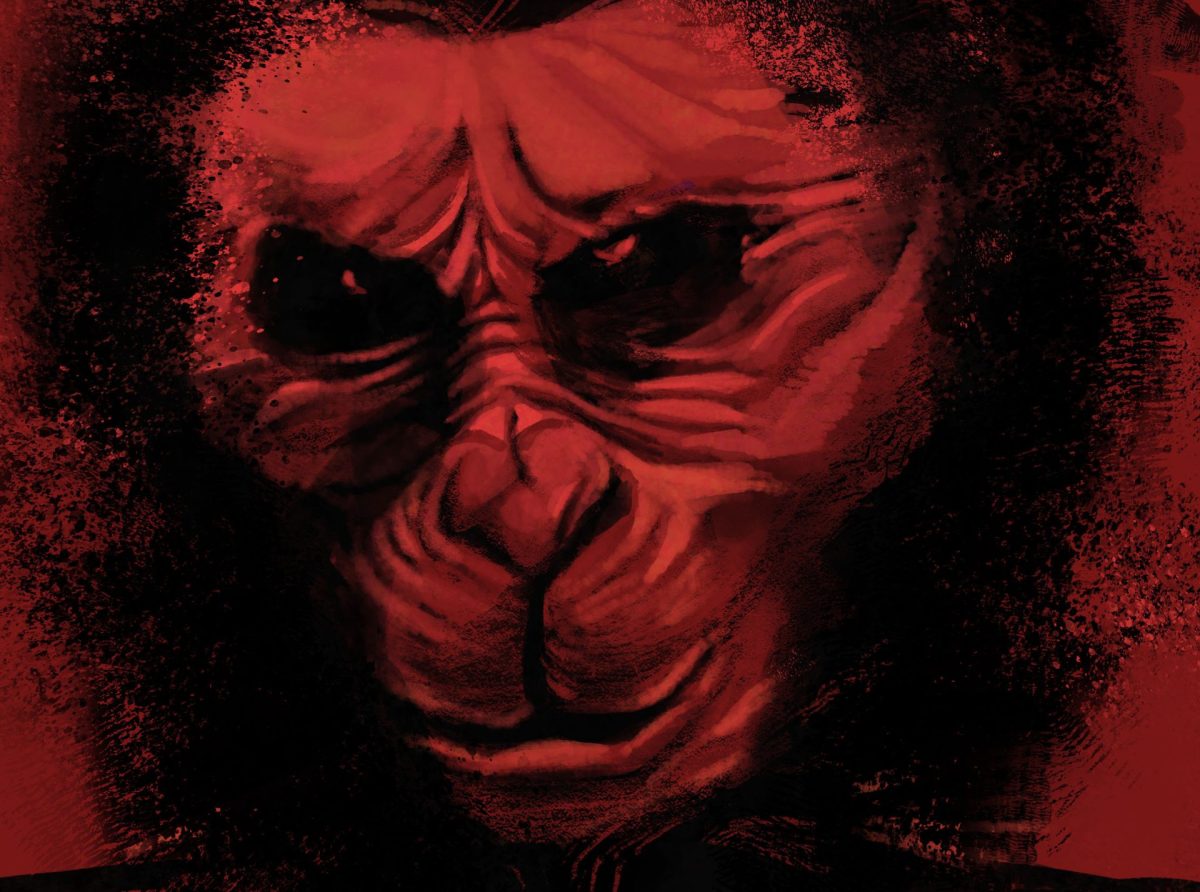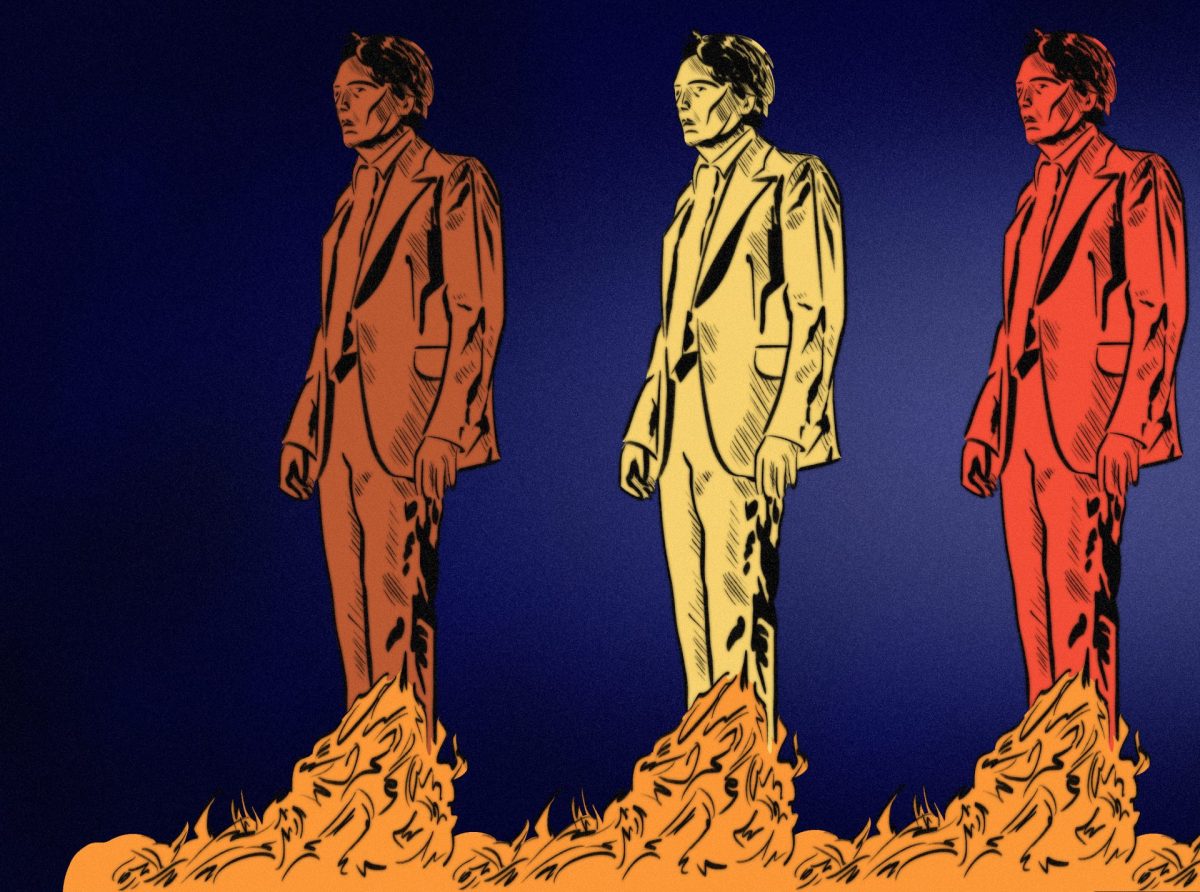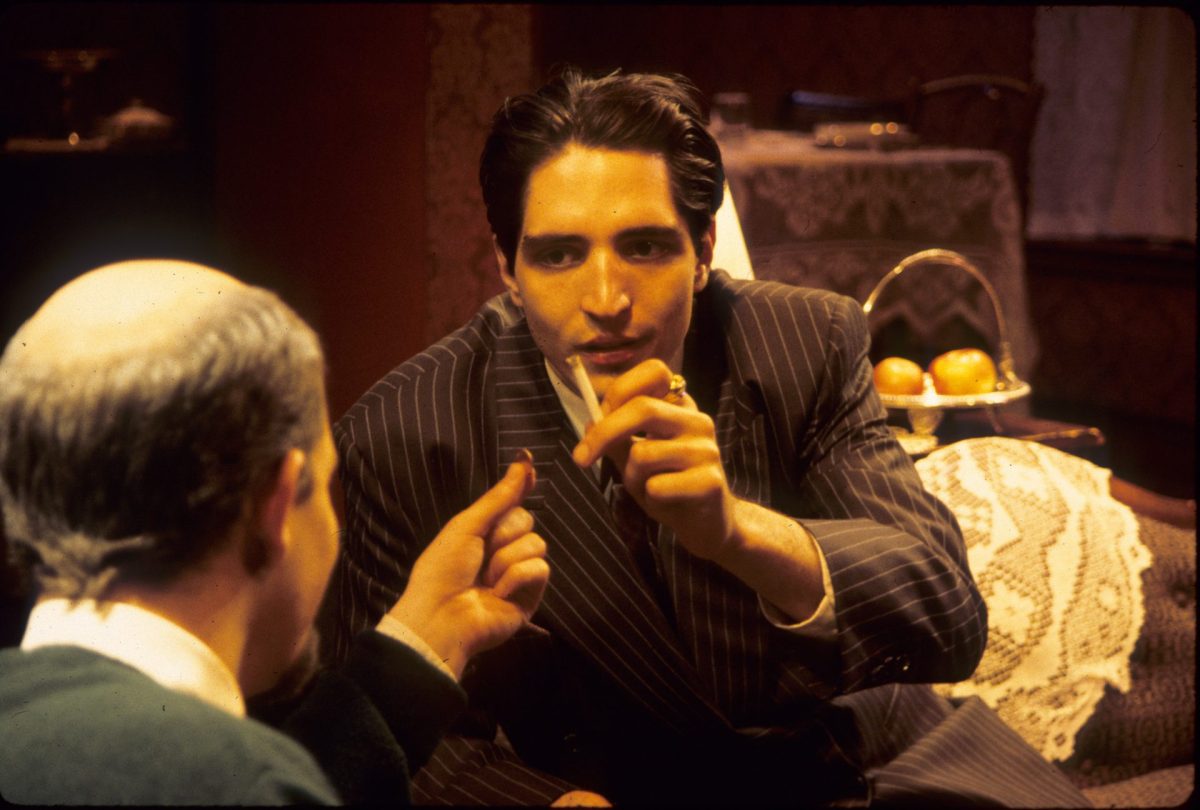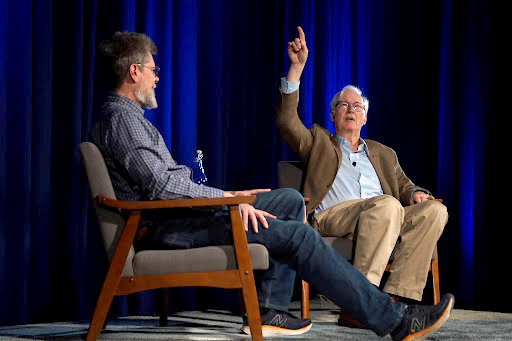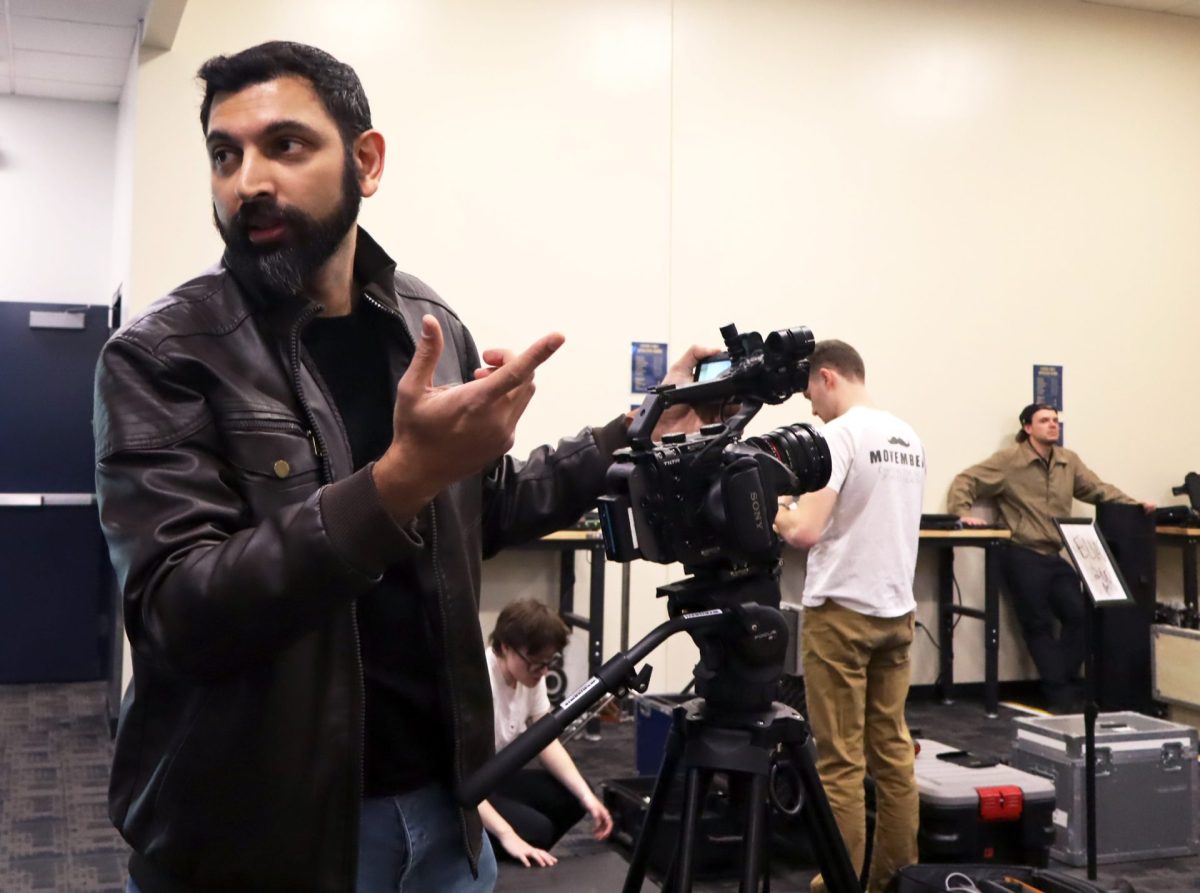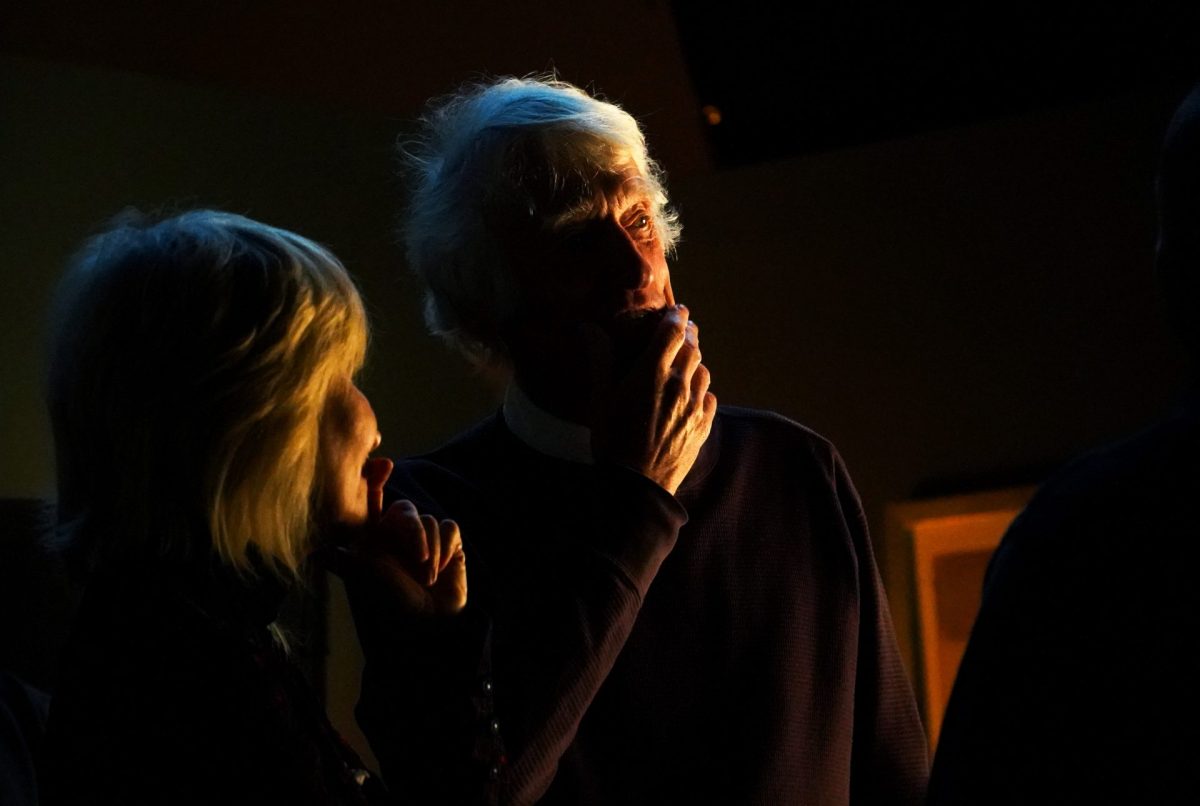
Filled with excited guests, the theater’s audience cheered and applauded the premiere of Mike Binder’s family drama, “Black or White” at the Icon Theater in Chicago on Jan. 8. Binder was joined by stars Kevin Costner and Anthony Mackie.
The group held a Q&A after the screening where the audience praised the film and discussed the racial tensions in the film.
“When I read this I thought this was a movie that I wanted to share with the world because it was so beautifully and so evenhandedly written, and now it’s yours,” Costner said.
Binder’s film focuses on Costner, who plays an alcoholic lawyer left fighting to retain custody of his granddaughter, Eloise (Jullian Estell), after his wife’s death. Octavia Spencer fights Costner for custody as the grandmother, with the help of her brother played by Mackie. The two struggle to prove that their view and lifestyle — either being with her African-American side of the family or living in a wealthy, white neighborhood — are best for Eloise.
“When I first got married to my wife her sister passed away and she had a biracial son and my wife and I and her family and (my nephew’s) family, (but) his father wasn’t in his life,” Binder said about his inspiration for writing the film. “There were two worlds raising this little boy and everyone was obsessed with his race and he would say, ‘I’m just Sean.’ ”
Despite the positive reaction from the audience for the film and a question of whether or not there would be a sequel, “Black or White” almost wasn’t made.
“Well since I paid for it, no,” Costner said.
Costner financed the film when it was not originally picked up by producers, which led to a very limited budget. The film was also shot in less than a month.
At a luncheon for the film, Costner, Mackie and Binder reflected on one of the more critical comments from the screening, when a guest questioned the reason for the film’s “kumbaya” ending.
“You can have a movie where you have a deranged black lady screaming at a drunken white dude, or you can have a movie where you have a drunken white dude screaming at a deranged black lady,” Mackie said. “Or you can have a civil conversation where people come and sit and talk as adults and figure it out.”
“If I wanted to have a really dark, sad, tragic ending, it’s not like I couldn’t come up with one, it was a choice,” Binder said. “I want people to be happier and come together. I want the world to have a little kumbaya.”
Following the events in Ferguson, and the recent acclaim for “Selma,” another racially driven film, “Black or White” seems to fit in with current discussion about race relations in America today.
“I was around a level of racism. Not a hostile racism but an ignorant one,” Costner said. “Where jokes were said and words were used and in my youth I used them myself.”
All three agree with one of the film’s pivotal scenes where Costner’s character reflects on the notion of someone’s first thought not being important.
“Suddenly, I read some of the words Binder wrote and it was like an electric thing went through me. It’s not my first thought that counts, it’s my second my third my fourth,” Costner said at the screening. “I think the miracle of those simple words really arm me.”
“I think this movie is going to stand the test of time,” Costner said. “If God took me away tomorrow I would be happy that this was my last movie.”
“Black or White” opens Jan. 30.


